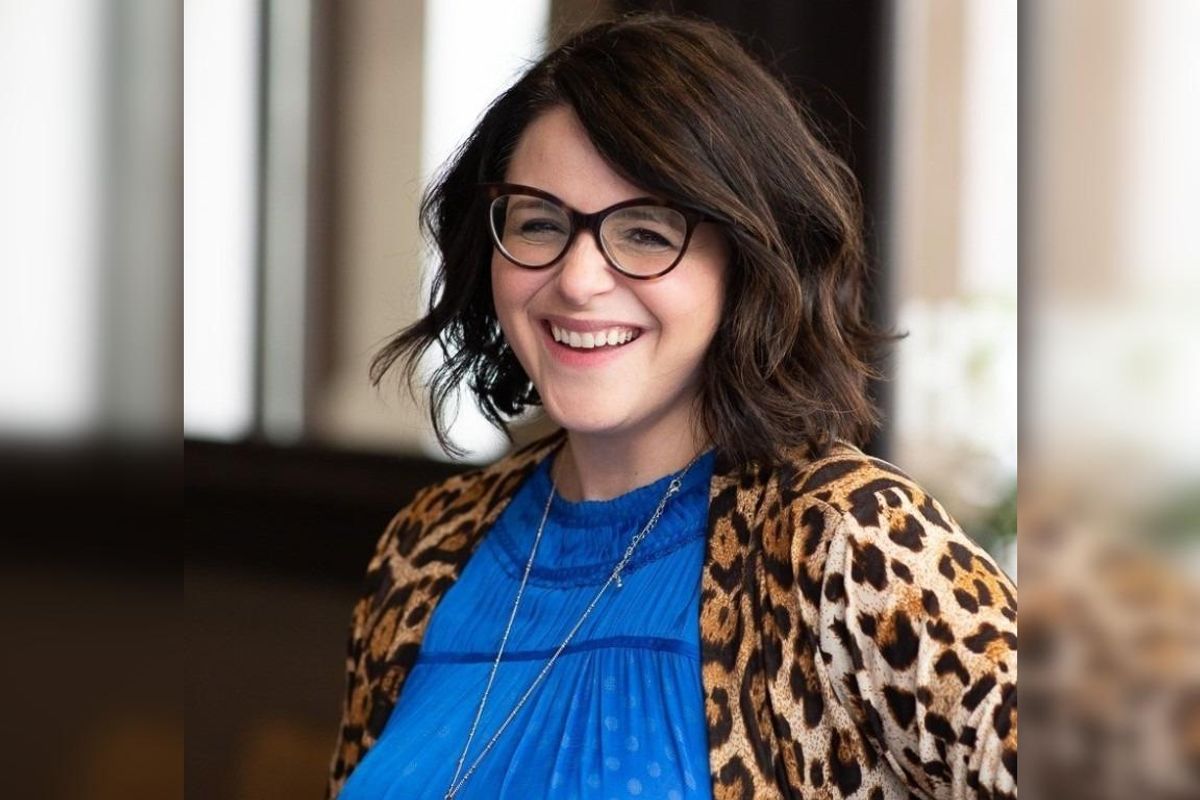As Laurel Hess sat on a video call with a board member for her startup laundry service, a pile of laundry was peeking behind her.
“How can you have clothes piling up while owning a laundry business?” they asked.
Hess coolly replied, “Because laundry just doesn’t stop. It’s literally always there.”
Hampr is a hyper-local laundry and pick-up service that is connected and operated through an online app. The Lafayette-based company, which identified Houston as an early test market, links people who are in need of pick-up and wash laundry services with people in the local communities who are seeking work without leaving home.
A majority of the “washrs” who Hampr employs are stay-at-home parents and retirees who are looking for fast and steady work.
“People tend to think that we are this big national brand, but we are actually working with people in your market and you’re helping them by outsourcing your laundry,” says Hess, Hampr's foudner and CEO. “By using our service, you’re making a difference in the lives of the people who live in your community. It’s neighbors helping neighbors.”
The biggest challenge for the startup was finding the right network and getting investor interest. Hampr was part of the TechStars Austin Accelerator program and that helped expand their network and spring boarded the company on to a more national platform.
“Probably breaking out of the ecosystem was our biggest challenge that we faced,” Hess says. “Because there’s not a lot of peer-to-peer marketplace companies in Lafayette, Louisiana.”

Hess started the company in January 2020 and began pushing into new markets at the height of the pandemic. Hampr launched into its second market, Baton Rouge, the day that the shutdown happened.
“At first, we were a little nervous. The capital that we were raising had kind of gone away,” Hess says. “Investors were getting a little bit weary of what was going to happen.”
Two things then were true – Hampr didn’t have a lot of capital, but it also had demand in Houston – specifically The Woodlands/Kingwood area, as well as demand in DFW and New Orleans. Hess and her team then made the decision to launch in those markets, relying only on the people they knew in those areas and without any capital expenses.
“We had to do a lot with little – we didn’t have a whole lot of runway left,” she says.
Hess and her team began securing investors through their current networks in places like Houston. Then, a few months into the pandemic, they partnered with a health system to borrow the Hampr technology for PrestoHealth, a platform that delivers prescriptions. By harnessing the technology for another use, it became a way to earn more income for Hampr and they were able to launch into more new markets very quickly.
“The model itself is pretty solid and is deceptively simple,” Hess says. “Our COO in Houston grew the area without any capital investment. That’s how we were able to grow and survive the pandemic. And then once kids started back at school in August, things got crazy again and the laundry side started to pick up.”
The platform, which starts at $39 a year, is available Houston, Tomball, Conroe, The Woodlands, Kingwood as well as San Antonio, Austin, Dallas/Fort Worth, New Orleans, Baton Rouge, Lafayette, Jackson, Miss., Mobile, Alab., Jacksonville, Fla., Greenville/Spartanburg, South Carolina, Phoenix, Ariz., and Denver, Colo.
This week, the company rolled out a new service called Hampr Lite, where customers can pay a little more per load but can use it as an entry point into the platform without a full-year commitment. The service is available in some of its markets, including Houston.
“It’s kind of amazing because once you realize how much mental gymnastics that laundry takes from your weekend. You start to see what you can accomplish when you’re not worried about moving clothes from the washer to the dryer,” she says. “Then you realize there’s so much more room in your life for activities.”


 Apple doubles down on Houston with new production facility, training center Photo courtesy Apple.
Apple doubles down on Houston with new production facility, training center Photo courtesy Apple.